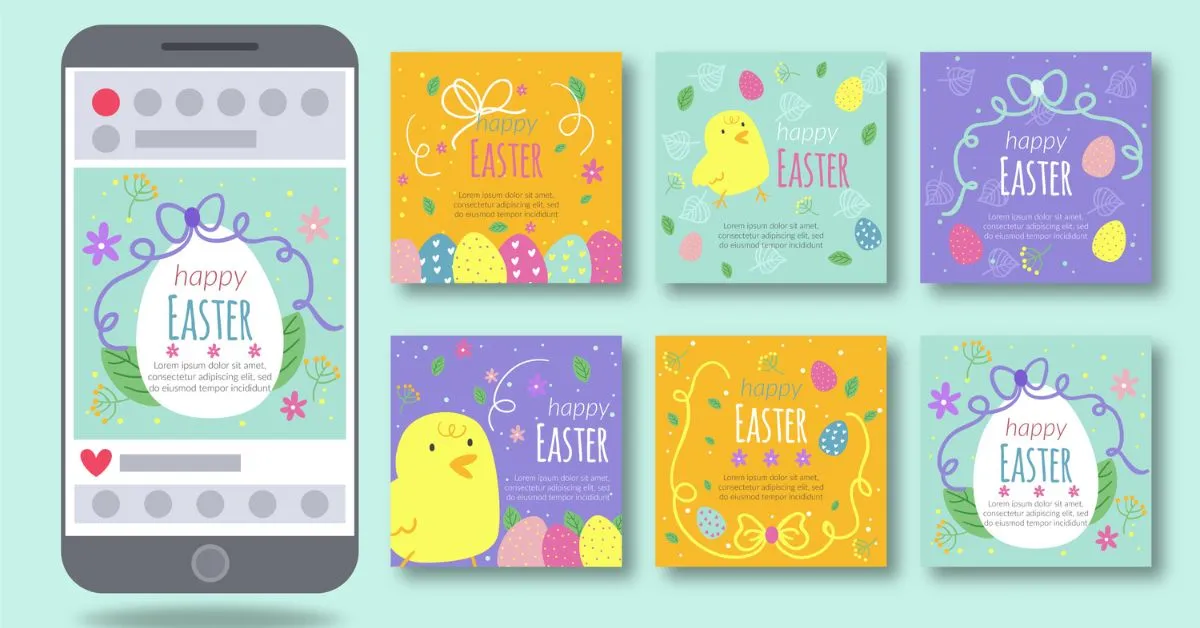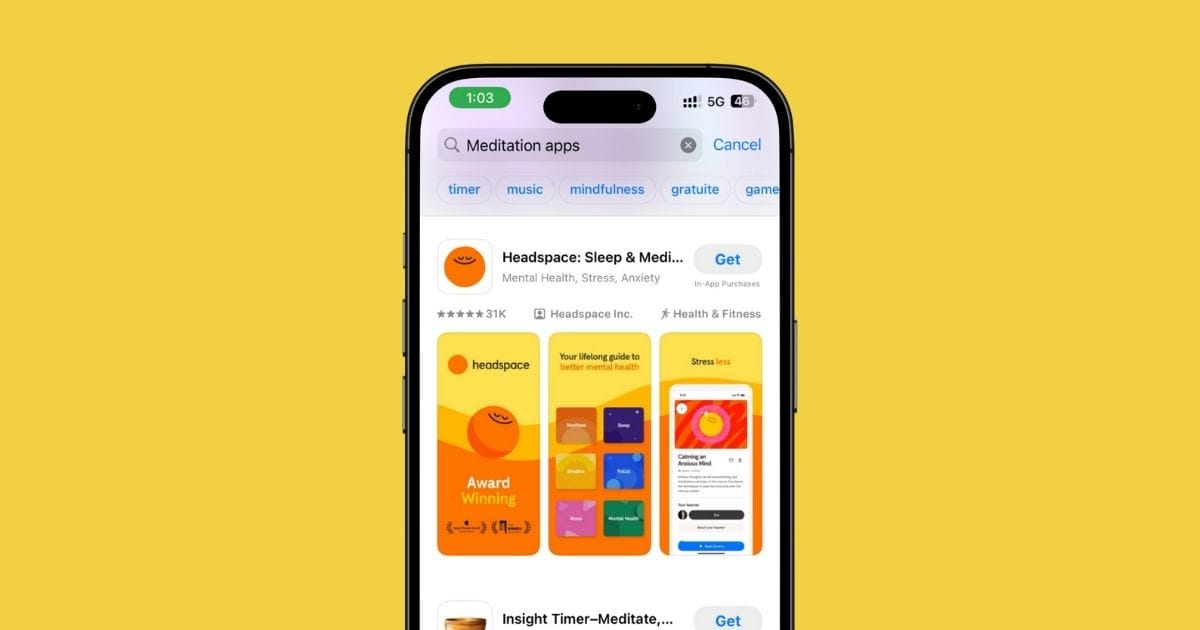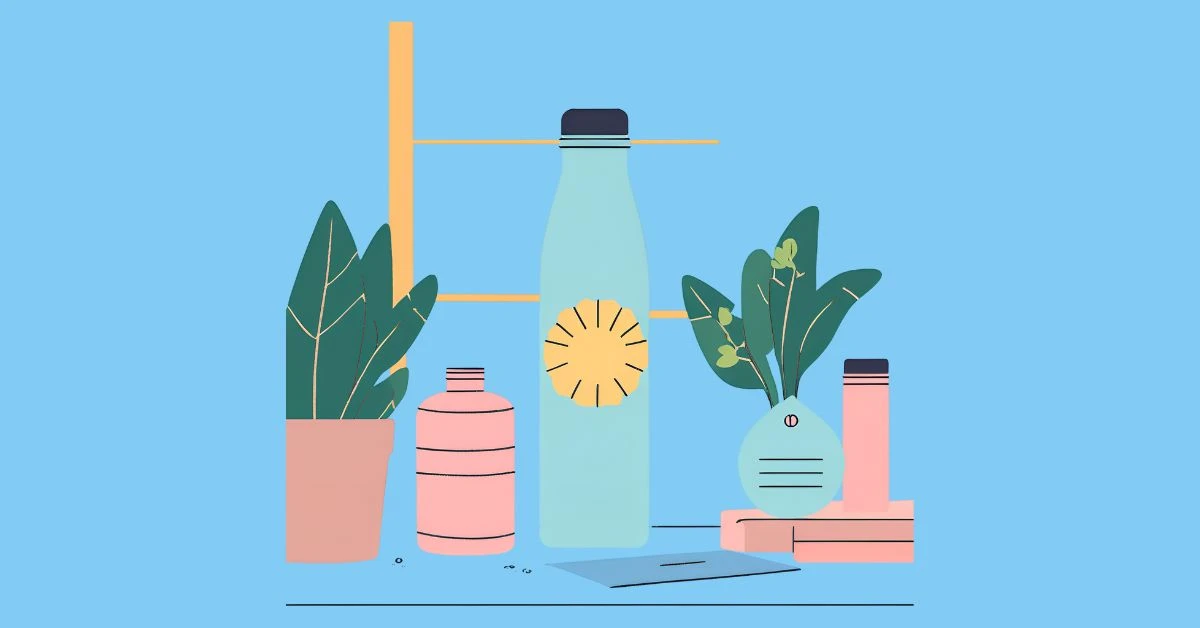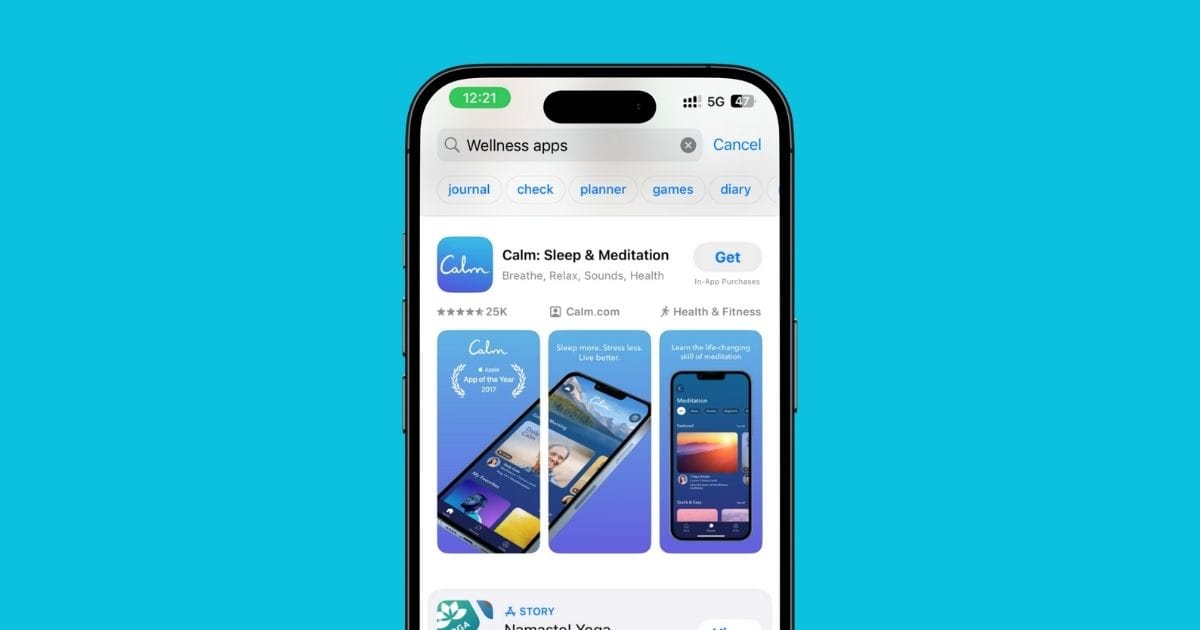10 Best Self-Care Apps to Feel Better Every Day
I know life can get heavy sometimes.
It’s so easy to forget to take care of yourself when you’re busy, stressed, or just trying to keep up. I’ve been there too.
That’s why I wanted to put this together for you.
These aren’t just apps—they’re little tools that can remind you to pause, breathe, and actually check in with yourself.
Maybe you need help building better habits. Maybe you want to slow your racing thoughts before bed. Or maybe you just need someone (even if it’s an app) to remind you to drink some water or write down how you feel.
If any of that sounds like you, I think you’ll really find something here that helps.
So let’s go through them together and see which ones might actually make taking care of yourself feel a little easier.
1. Calm
Best for: people who want guided meditation and sleep help in one place.
If you’ve ever felt like your mind just won’t slow down, Calm is one of those apps that really tries to meet you where you are.
It’s not just another meditation app—it’s like a whole toolbox for unwinding.
When you open it, you’re greeted with soft visuals and gentle sounds.
The idea is to help you breathe a little easier from the moment you launch it.
The biggest draw is the massive library of guided meditations.
They’re designed for pretty much anything you might be dealing with: stress, anxiety, trouble sleeping, focus issues, even self-esteem.
There’s a popular feature called Daily Calm, which gives you a new 10-minute meditation every day.
It’s great if you want to make mindfulness a simple daily habit without having to think about what to choose.
But Calm doesn’t stop there.
If you’re someone who struggles with sleep, their Sleep Stories are kind of a game-changer.
Imagine being read to sleep by celebrities or listening to gentle nature stories designed to quiet your racing thoughts.
It’s not just for adults either—there’s a whole section for kids.
Music is another big part of the app.
You’ll find curated playlists for focus, relaxation, or sleep. There are even masterclasses from mindfulness experts if you want to go deeper.
The downside… Most of the good stuff is locked behind a subscription.
It’s not cheap, so it’s worth trying the free version first to see if you actually like it.
But if you’re serious about bringing more calm into your day—especially at bedtime—it’s one of the best self-care apps out there.
Also Read: Best Anxiety Apps
2. Headspace
Best for: people who want structured, beginner-friendly meditation without feeling overwhelmed.
If you’ve ever felt too intimidated to try meditation because you don’t know where to start, Headspace is the app that really understands that.
It’s designed to hold your hand through every step—no judgment, no complicated philosophy, just simple, clear instructions to help you calm your mind.
When you first open the app, it doesn’t bombard you with choices.
Instead, it asks what you want help with—stress, sleep, focus, anxiety—and then it guides you through curated courses designed for those goals.
This structured approach is why so many people stick with Headspace after trying it.
You don’t have to figure out which meditation to do; the app lines them up for you in a thoughtful order.
Headspace also includes short “bite-sized” meditations that are perfect if you’re busy.
You can do a 3-minute breathing exercise between meetings or a 5-minute unwind session before bed.
And for people who really struggle with sleep, the Sleepcasts are great—they’re like calming bedtime stories for adults, with soothing sound design that helps quiet your mind.
What I really like about Headspace is how approachable it feels.
The animations explaining mindfulness concepts are clear and friendly.
Even if you think meditation isn’t “for you,” this app does a good job of proving it actually can be.
Of course, most of the really good content is locked behind a subscription. That might be a downside if you’re hoping to get a lot for free.
But if you’re serious about making mindfulness a daily habit and you want guidance that feels like a friendly teacher rather than an app, Headspace is one of the best places to start.
3. Finch
Best for: people who want gentle self-care nudges wrapped in something cute and motivating.
Finch is one of those self-care apps that doesn’t feel like a chore.
Instead of telling you to meditate or journal in a dry, clinical way, it wraps those habits in the experience of caring for an adorable virtual pet bird.
Your Finch grows and explores as you complete self-care goals in real life.
You start by naming and personalizing your Finch, which immediately feels more personal than just checking boxes.
Every day, the app prompts you to do small, manageable self care tasks—like writing down how you feel, doing a breathing exercise, setting intentions, or reflecting on your day.
As you complete these, your Finch levels up, goes on little adventures, and discovers new things.
What’s nice is that the self-care tasks are thoughtfully chosen.
It’s not just “drink water” or “go for a walk” (though those are there too), but also emotional check-ins, gratitude journaling, and even gentle CBT-inspired prompts.
You can set your own goals as well, so you’re not locked into someone else’s idea of self-care.
For many people, the game-like aspect is the key to making self-care sustainable.
It doesn’t feel like homework—it feels like helping a friend.
This makes Finch especially appealing if you’re someone who struggles with motivation, forgets to check in with yourself, or just wants a little extra push to make self care a daily habit.
That said, it does lean into a very cute, cartoony aesthetic that might not be for everyone.
And while there’s a generous free version, certain customization features and expanded content are behind a paywall.
Still, if you want to make self care feel more like a game and actually look forward to it, Finch is one of the most creative, engaging options out there.
4. Life Note
Best for: people who want quiet, thoughtful journaling without pressure or routines.
Life Note is a journaling app built for reflection rather than routines.
You write about whatever’s on your mind, and the app responds in a way that feels thoughtful and grounded, almost like getting a gentle outside perspective instead of generic encouragement.
The guidance draws inspiration from philosophy, psychology, and lived human experiences, which gives the conversations more depth than typical AI-style prompts.
As you use it, you’ll notice things like light goals and streaks, but they’re never the focus.
They exist quietly for people who want a bit of consistency, without turning journaling into another habit you feel pressured to maintain.
Most of the experience stays slow, calm, and open-ended.
Life Note also puts a lot of emphasis on privacy.
Your writing feels like it belongs to you, not something being optimized or analyzed for growth metrics.
The premium version adds more personalization and reflective features, but the core experience stays the same.
If you see journaling as a way to think things through, revisit ideas, and gain perspective over time, Life Note fits well.
If you prefer clear structure, reminders, or measurable progress, it may still feel too loose — and that’s very much intentional.
5. Fabulous
Best for: people who want daily self-care routines with clear structure and motivation.
Fabulous isn’t just a self care app—it’s like having a personal coach in your pocket.
If you’ve ever tried to start a new habit and found yourself dropping it after a few days, this app is built specifically to help you stick with it.
When you open Fabulous, it asks you what you want to work on.
Maybe it’s getting better sleep, drinking more water, exercising regularly, or creating a calming morning routine.
Once you choose your goal, the app guides you through step-by-step daily rituals designed to help you build the habit gradually, without feeling overwhelmed.
One of the things that really sets Fabulous apart is how it’s rooted in behavioral science.
It doesn’t just say “do this”—it explains why small changes work, and how they stack up over time.
The app uses reminders, coaching messages, and celebratory animations to keep you engaged.
It’s a little bit like being part of a personal development boot camp, but one you can do at your own pace.
You also get access to challenges that tackle specific areas of wellness, like deep work sessions to improve focus, guided meditations for stress reduction, or bedtime rituals to improve sleep.
The holistic approach means you’re not just working on one thing but building a more balanced lifestyle overall.
Of course, while there’s a solid free tier, many of the more advanced journeys and coaching features are locked behind a premium subscription.
And if you’re someone who hates being told exactly what to do, you might find its structured approach a bit much.
But for anyone who wants real guidance in building healthy routines—and is tired of apps that just throw a checklist at you—Fabulous is one of the most thoughtful, supportive options you’ll find.
6. Daylio
Best for: people who want quick mood tracking without writing long journal entries.
You know those days when you can’t quite explain why you’re feeling off? Or you just want to figure out why your mood is all over the place? That’s exactly where Daylio comes in.
Honestly, I think what makes Daylio so helpful is how easy it is.
You don’t have to sit there and write pages in a journal (unless you want to). You just choose how you’re feeling from a set of moods—happy, sad, stressed, whatever—and add a few notes if you want. That’s it.
What I like about it is how those little daily check-ins start to tell you something bigger over time.
After a week or a month, you can actually see your patterns.
Maybe every Sunday night, you feel anxious. Maybe workdays drain you more than you thought.
It’s like holding up a mirror to your mood and realizing there are clues there you’ve been missing.
And if you want, you can also log your activities—like exercising, working, socializing—to see what’s really affecting you.
It can be eye-opening. Not in a judgmental way, just… honest.
I’ll be real, though: if you don’t use it regularly, it can feel a little pointless.
And some of the really cool features, like deeper stats or more customization, are behind a paywall.
But even the free version is more than enough to help you actually understand yourself better.
If you’re someone who just wants a gentle nudge to pay attention to how you’re really doing each day, Daylio is one of the easiest and most personal ways to start.
7. Reflectly
Best for: people who like guided journaling with simple questions and daily prompts.
Let’s talk about journaling for a second.
Maybe you’ve tried it before and felt stuck staring at a blank page. Or you want to get your thoughts out, but don’t even know where to start.
Reflectly is perfect for people who need a little help figuring out what to say.
What I really like about Reflectly is how approachable it is.
It’s not asking you to write a novel or spill your deepest secrets every day (unless you want to).
It starts with something simple: picking your mood.
Then it gently nudges you with questions like “What made you smile today?” or “What’s been on your mind?”—the kind of prompts that actually make it easier to open up.
Over time, you start to see patterns in your moods and thoughts.
Maybe you’ll notice certain days or habits that bring you down, or realize what consistently lifts you up.
The design is also really friendly and calming.
It doesn’t feel clinical or intimidating at all—it feels like a space that’s truly yours.
One thing I appreciate is that the free version is actually pretty comprehensive.
You get access to the core journaling features, daily prompts, and mood tracking without needing to pay.
The premium upgrade mainly adds extras like advanced stats and customization.
So you can absolutely use Reflectly meaningfully without spending anything.
If you’ve been wanting to make journaling part of your self care but didn’t know where to start, this app makes it feel easy, supportive, and even a little fun.
8. Aloe Bud
Best for: people who want gentle self-care reminders without goals, streaks, or pressure.
Sometimes we don’t need a big, fancy plan to take care of ourselves. We just need someone (or something) to remind us.
That’s exactly what Aloe Bud does.
It’s honestly one of the gentlest self care apps I’ve seen.
When you open it, you won’t find complicated dashboards or overwhelming tasks. Instead, you’ll see a calm, simple layout that’s easy on the eyes.
You choose the self care activities you want reminders for—like drinking water, moving your body, checking in with your mood, taking a mindful moment.
And the best part… Aloe Bud never nags.
The notifications are written like a caring friend saying, “Hey, maybe pause for a second and breathe.”
There’s no guilt, no pushing you to be perfect. Just gentle nudges to look after yourself in small, real ways.
What I really appreciate is how customizable it is.
You can pick which habits matter to you and how often you want to be reminded.
If you’re the kind of person who forgets to drink water until 4 p.m. or needs a little push to get up from your desk, this app is perfect.
That said, it’s intentionally minimal.
If you’re looking for deep mood tracking, journaling, or guided meditation, this isn’t it.
Aloe Bud keeps things light and easy.
Some extra themes and reminder options are also behind small in-app purchases, but the free version is honestly enough for most people.
If you’re someone who just wants a gentle, caring reminder to take small breaks for yourself throughout the day, Aloe Bud is like that thoughtful friend who always knows when to check in.
9. Stoic.
Best for: people who want structured reflection based on stoic philosophy and clear prompts.
You know how sometimes you just want to sit with your thoughts, but not get overwhelmed by them? Stoic. is that space.
It’s not trying to be flashy or overly cheerful.
Instead, it’s designed to help you really think about what’s going on inside you, but in a calm, structured way.
When you open Stoic., it feels like you’re stepping into a quiet, reflective space.
The app offers guided journaling prompts that don’t just ask “How are you?” but push you to dig a little deeper.
Questions like “What can you let go of today?” or “What’s in your control?” help you untangle worries and see things more clearly.
It’s inspired by Stoic philosophy and modern CBT ideas, so the focus is on understanding your thoughts, challenging negative patterns, and building mental resilience.
You’ll also find practical tools like mood tracking and breathing exercises.
What I really appreciate is that Stoic. doesn’t sugarcoat things.
It’s not about toxic positivity or pretending everything’s fine.
It’s about accepting your feelings, understanding them, and figuring out what you can actually do about them.
That said, it’s a bit more serious than some other self care apps.
The minimalist design is calming, but it might feel “heavy” if you’re looking for something playful or lighthearted.
And while there’s plenty in the free version, more advanced reflections and customization need a subscription.
But if you’re someone who wants to really work through your thoughts, develop emotional strength, and practice mindfulness in a thoughtful way, Stoic. is one of the most honest, useful tools you can keep on your phone.
10. Habitica
Best for: people who want to turn habits and self-care into a game they can stick with.
Okay, let’s be honest—building new habits can feel like a total drag.
It’s hard to stay motivated, especially when you’re doing it alone.
That’s exactly why I think Habitica is so clever.
It doesn’t just track your habits—it turns them into a game.
When you first set it up, you create a little RPG-style character.
Every time you complete a task in real life—whether it’s drinking water, meditating, going for a walk, or even doing the dishes—you earn experience points and gold.
Skip your habits? Your character loses health. It’s simple, but surprisingly motivating.
What I really like is how customizable it is.
You’re not stuck with someone else’s idea of what “self care” should look like.
You can set your own habits, daily goals, and even bigger to-dos. It can be as small or ambitious as you want.
You also get to buy fun in-game rewards, unlock equipment, and level up—turning your real-life progress into a kind of adventure.
If you want, you can even join parties with friends or other users to tackle challenges together.
It adds a social aspect that makes you feel less alone in your goals.
Of course, this approach isn’t for everyone.
If you don’t enjoy the gamification or find it distracting, it can feel like too much.
And yeah, the interface isn’t as polished as some of the sleeker wellness apps out there.
But for the right person—especially anyone who loves games or wants self care to feel less like work—Habitica can be incredibly motivating.
If you’ve been struggling to make habits stick, maybe it’s not about trying harder—it’s about making it more fun. Habitica is great for exactly that.
My Final Take
So, that’s it.
These self care apps… I genuinely think can make taking care of yourself feel a little easier, a little lighter, and maybe even a little more fun.
I know you don’t need me to tell you that self care isn’t always easy.
Life is busy, stress is real, and sometimes you forget to even ask yourself how you’re doing.
These apps aren’t going to magically fix everything. But they can be helpful little reminders.
They can help you slow down, check in with yourself, and maybe even build habits that actually stick.
You don’t have to try all of them.
Honestly, even picking one that feels right for you is a good start.
And if you’re anything like me, sometimes that start is the hardest part.
Anyway, thanks for letting me share these with you.
If you try any of them, or if you have a favorite you think I should add here, I’d really love to hear about it.
Take care of yourself, okay? You deserve it.
FAQs – Best Self-Care Apps
What are the best self care apps in 2026?
The best self-care apps in 2026 depend on what you need. Some focus on meditation and sleep (like Calm or Headspace), others on journaling and reflection (like Life Note or Reflectly), and a few on habits and routines (like Fabulous or Habitica). There’s no single “best” app for everyone.
Are self care apps actually helpful for mental health?
Yes, many people find self-care apps helpful for managing stress, building routines, and becoming more aware of their emotions. They’re especially useful for small, daily support, but they’re not a replacement for professional help.
Which self care app is best for anxiety and stress?
Apps focused on guided meditation, breathing, and relaxation tend to work best for anxiety and stress. Calm, Headspace, and Insight Timer are popular choices because they help slow your mind down without needing much effort.
Are there free self care apps that are actually good?
Yes. Several self-care apps offer solid free versions that are genuinely usable. Apps like Insight Timer, Daylio, and Life Note let you get real value without paying, though premium plans usually add extra features.
What’s the best self care app for journaling?
If you like guided journaling, apps like Life Note and Reflectly work well. They help you write when you don’t know where to start and feel less overwhelming than staring at a blank page.
Which self care apps are good for building daily habits?
Apps like Fabulous and Habitica are better if you want structure and motivation. They focus on routines, consistency, and daily actions rather than just reflection.
Can self care apps replace therapy or counseling?
No. Self-care apps can support your mental well-being, but they don’t replace therapy or professional care. They’re best used as a supplement, not a solution for serious mental health concerns.





